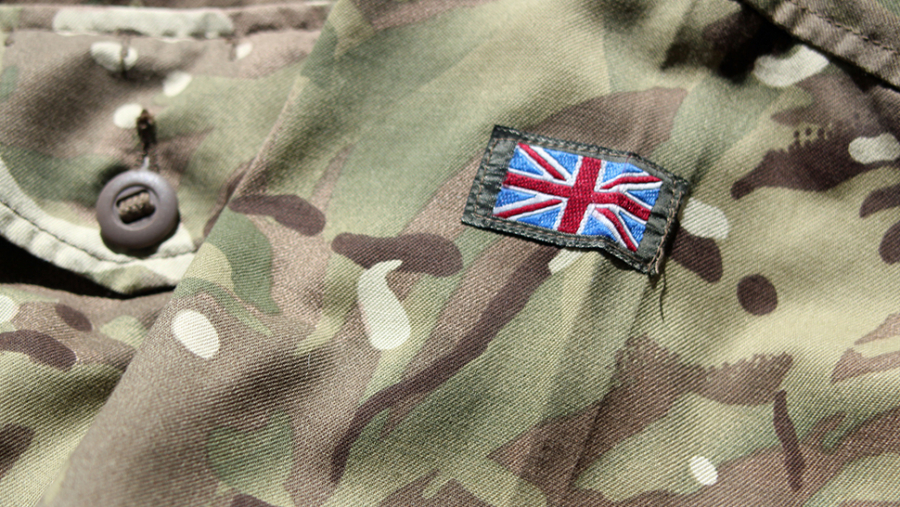

In November we stop to remember all the lives lost in the numerous military campaigns over the years and rightly so. However, there is an abiding need also to recognise the practical difficulties often faced by those who serve when it comes to finance and health matters, and the challenges faced by veterans who choose to leave the armed forces for civilian life and who, for one reason or another, face profound health and financial difficulties.
While serving in our armed forces, military personal are often deployed overseas, sometimes at short notice, and are almost always uncontactable for long periods of time whilst on operations. That, in turn, makes maintaining normal life difficult, particularly if the deployment coincides with another significant life event, such as a property purchase.
Often military families are left trying to navigate the everyday, without the formal authority from their serving spouse to do so. Buying a property, for example, can be stressful enough, without trying to progress your mortgage by providing the first and last digit of your mother’s maiden name to the bank, while you sit on a sat-phone on operations in the Middle East – all because the bank doesn’t have the authority to speak to your spouse in your absence.
Equally, leaving a military life, which may have provided all the elements the rest of us deal with every day like utility bills, food shopping, rent or mortgage payments, can present its own difficulties that may not have been foreseen. Dealing with these issues, potentially on top of coping with the effects of physical or mental injury through warfare, can lead to the perfect storm of spiralling debt, family breakdown and homelessness.
Legal measures are rarely perfect solutions, but they do offer a way for support to be given discreetly and quickly, whether you are still serving or not. For instance, Lasting Powers of Attorney (LPA), which could be prepared so that armed forces personnel or veterans planning on leaving the services could allow another trusted person (the attorney) to assist if financial or health matters are becoming an issue, are helpful. Whether you are simply not available to deal with such issues whilst on operations or because they seem to be getting out of control because of physical or mental ill-health, an LPA could help.
The process is not complex, but each one can be tailored to a person’s specific and likely needs, including safeguards and advance instructions to make sure they are fit for purpose and give the attorneys the authority they need.
For example, the attorney could:
- deal with matters relating to your home or investment properties while you are away
- take the strain of negotiating rent payments or arrears with your tenants or your landlord, or a credit agency
- liaise with the bank and make applications on your behalf.
In short, they could step in, either to ensure that normal life continues while you are away, or before things reach rock bottom in circumstances where you need some support financially because of mental or physical ill-health.
Likewise, it is possible to make powers of attorney to allow others to make decisions in relation to the provision of care. Accepting that mental illness is prevalent amongst veterans is not shameful; knowing that a trusted attorney can step in and deal with doctors or social workers when that would be simply overwhelming, can offer peace of mind and the comfort and space to begin the process of recovery.
Powers of attorney do not give a person permanent control over another’s finances and health. They are not a charter to take over another person’s life but can allow everyday life to continue easily, while you focus on operations; they could even form part of the social covenant that we owe to our military when things do go wrong. Allowing proud, brave men and women to suffer as a result of their service or to slip through the net of the civilian system once they leave the military is never acceptable, especially when it can be prevented.










